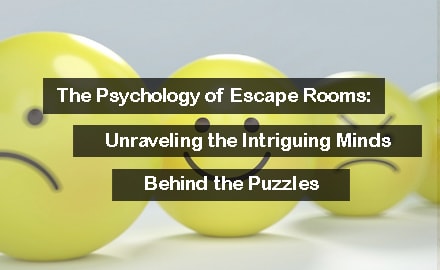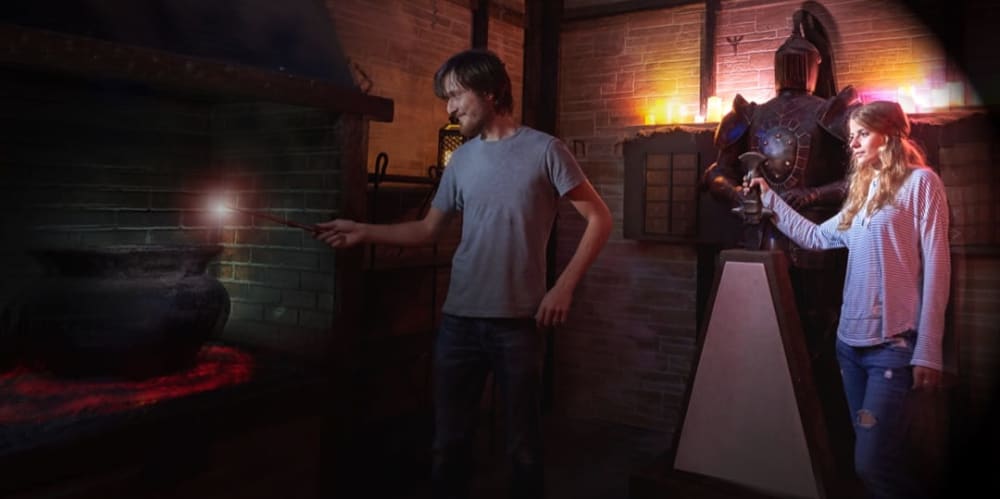The Psychology of Escape Rooms

Escape rooms have garnered immense popularity, not only for their immersive and thrilling experiences but also for the fascinating insights they provide into human psychology. These enigmatic challenges require participants to solve puzzles, work together, and think outside the box to escape within a limited time frame. In this blog post, we will delve into the psychology of escape rooms, exploring the underlying factors that make them so engaging and the psychological effects they have on participants.
1. Flow State and Immersion:
One of the key psychological aspects of escape rooms is the concept of flow state. Flow state is a mental state in which individuals are fully immersed in an activity, feeling energized, focused, and completely absorbed in the present moment. Escape rooms have the power to induce this state by providing a compelling and challenging environment that requires constant engagement and problem-solving. The immersive nature of escape rooms captivates participants, driving their focus and motivation to unravel the mysteries within.
2. Problem-Solving and Critical Thinking:
Escape rooms are designed to test participants' problem-solving skills and encourage critical thinking. The puzzles presented in these rooms challenge individuals to analyze clues, make connections, and think creatively to uncover hidden solutions. By engaging in complex problem-solving tasks, participants enhance their cognitive abilities, such as logic, reasoning, and decision-making. The satisfaction of successfully cracking a challenging puzzle can boost self-confidence and instill a sense of accomplishment.
3. Teamwork and Communication:
Escape rooms provide a unique platform for fostering teamwork and effective communication. Participants must collaborate, share information, and delegate tasks to efficiently tackle the various challenges within the room. Effective teamwork requires individuals to understand each other's strengths, listen actively, and coordinate their efforts. As a result, escape rooms not only test interpersonal skills but also enhance them, promoting cooperation, trust, and synergy among team members.
4. Time Pressure and Stress Management:
The presence of a ticking clock adds an element of time pressure in escape rooms, simulating a challenging and somewhat stressful situation. This time constraint can elicit a range of emotional responses, such as excitement, anticipation, and sometimes even frustration. Participants must learn to manage their stress levels effectively, staying calm and composed under pressure, which mirrors real-life situations where the ability to perform optimally under stress is valuable.
5. Emotional Rollercoaster:
Escape rooms can take participants on an emotional rollercoaster, evoking a wide range of feelings throughout the experience. From initial excitement and curiosity to frustration, surprise, and ultimately, the elation of escaping, these emotional fluctuations contribute to the overall immersion and engagement. The emotional journey experienced in escape rooms adds depth and intensity to the psychological impact of the game.
Escape rooms offer more than just an entertaining adventure; they provide a window into the intricacies of human psychology. From inducing flow state and promoting critical thinking to fostering teamwork and stress management, these experiences tap into our cognitive abilities and emotions. By understanding the psychology behind escape rooms, we gain a deeper appreciation for their immersive nature and their potential to enhance skills, foster connections, and provide an unforgettable experience that challenges both mind and spirit.





